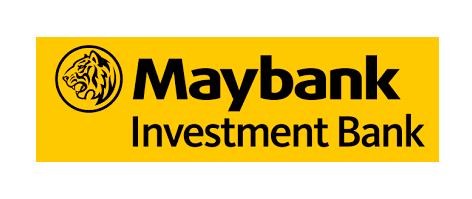PETALING JAYA: Budget 2022 is expected to be expansionary to support economic recovery and address the socioeconomic scarring effect of Covid-19 with a budget-to-deficit ratio of 6.3%, translating into a deficit spending value of RM103.9 billion; and is not expected to come with tax increases, imposition of windfall tax, goods and services tax (GST) comeback, and new taxes, according to Maybank Investment Bank (Maybank IB) Research.
It believes the budget will be supportive of domestic demand recovery via higher gross development expenditure (GDE) of RM62.5 billion, a positive for the construction and infrastructure segment as only 77% or RM53 billion of Budget 2021 (versus above 90% normally) was realised due to disruption and delays caused by the containment measures.
“We also expect Budget 2022 to be positive for property, auto and tourism sectors with extensions of fiscal incentives and tax exemptions for purchases of properties and passenger cars as well as domestic tourism spending,” said Maybank IB in a research note today.
Furthermore, Budget 2022 will include an additional RM45 billion allocation for the Covid-19 Fund (2020-2021: RM65 billion) to address socio-economic scarring effects of the pandemic and build resilience as the situation becomes endemic.
It believes this will translate into a continuation of measures such as cash handouts and financial assistance; wage subsidies; grants and funding schemes for MSMEs; training, reskilling and upskilling programmes; job retention and worker-hiring incentives.
The bank said the budget should also take the opportunity from the “Pandemicrisis” to undertake reform and restructuring, to spur domestic direct investment in local production capacities and supply capabilities for economic resilience and securities, as well as accelerate economic restructuring to boost productivity and competitiveness via technology adoption, automation, digitalisation, innovation and creativity, which will be supported by higher GDE that includes digital infrastructure capex.
It also expects Budget 2022 to feature sustainability with a focus on inclusive human capital, social and regional developments, as well as investing and developing green economy through the management of environment, natural resources and climate change such as renewable energy.
However, the research house does not expect the government to table tax hikes, windfall tax, a return to a GST and new taxes like capital gains tax and carbon tax.
“It’s too late to charge windfall tax on glove manufacturers as the profit super-cycle has peaked in H1’2021, although another round of voluntary contribution by the industry to Covid-19 Fund is possible. For banks, interest-free loan moratorium is a trade off to windfall tax,” it said.
Maybank IB pointed out that the pre-budget statement laid out the revenue strategy for 2022 will focus on managing revenue leakages, strengthening tax compliance and review of tax incentives on investments.
Furthermore, it noted the government move to raise the domestic debt ceiling to 65% of GDP from 60% of GDP indicates the funding of the budget via debt rather than major tax measures to boost revenues.
“Medium-term narratives and fiscal transparency are keys to address concerns about sovereign credit ratings ie Medium Term Fiscal Projection (a rolling three-year fiscal projections) and the Fiscal Responsibility Act to be outlined together with the tabling of Budget 2022.
“Clarity on tax measures to enhance revenues and generate new sources of incomes will come next year with the release of Medium Term Revenue Strategies,” said Maybank IB.













